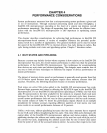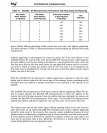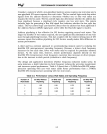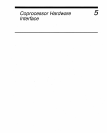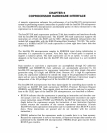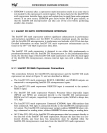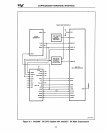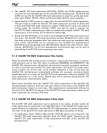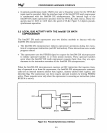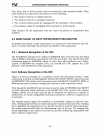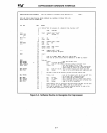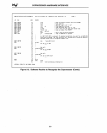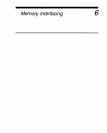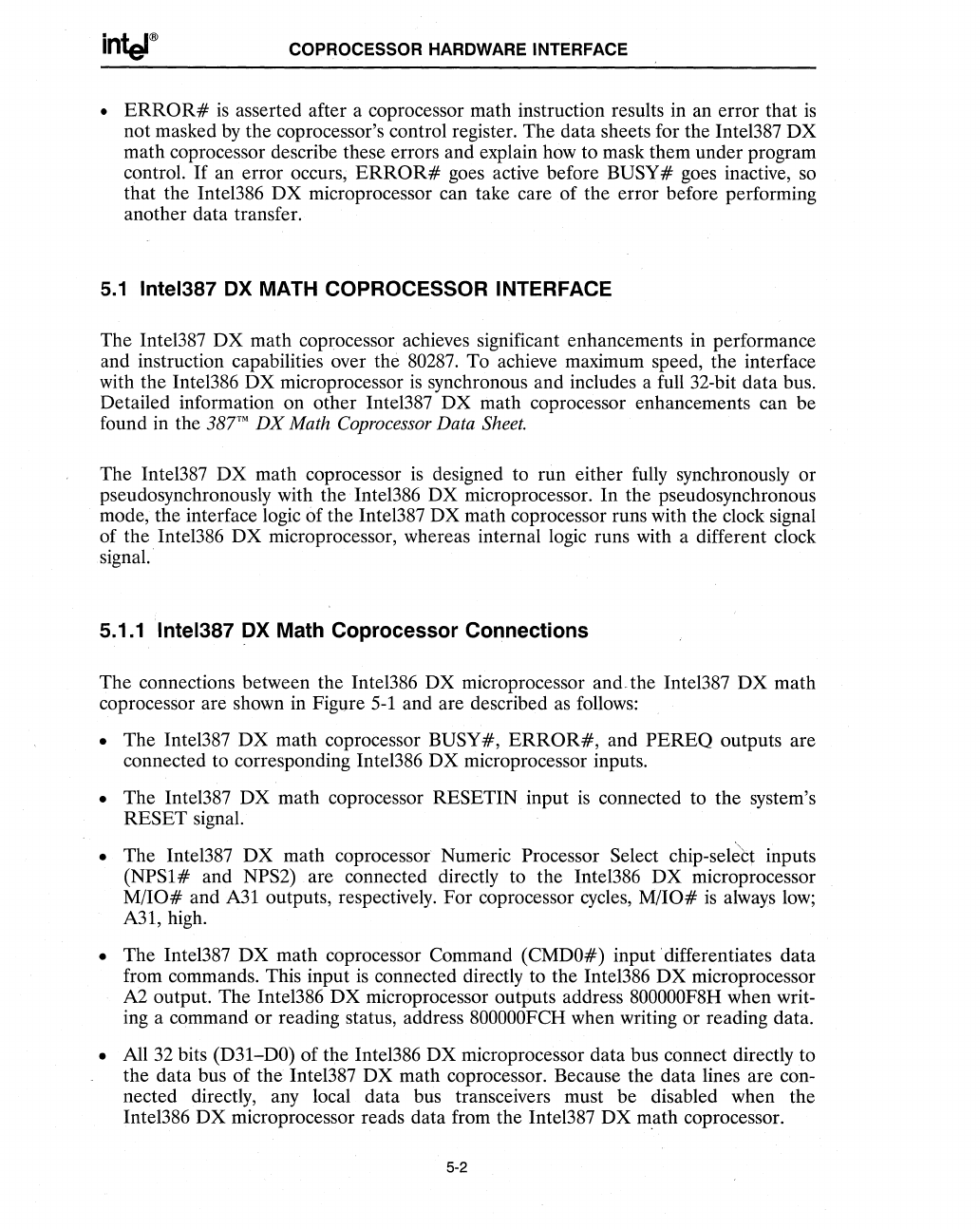
COPROCESSOR HARDWARE INTERFACE
•
ERROR#
is
asserted after a coprocessor math instruction results in an error that
is
not masked
by
the coprocessor's control register. The data sheets for the Intel387
DX
math coprocessor describe these errors and explain how to mask them under program
control.
If
an error occurs,
ERROR#
goes active before BUSY # goes inactive,
so
that the Intel386
DX
microprocessor can take care of the error before performing
another data transfer.
5.1
Intel387 OX MATH COPROCESSOR INTERFACE
The Intel387
DX
math coprocessor achieves significant enhancements in performance
and instruction capabilities over the
80287. To achieve maximum speed, the interface
with the Inte1386
DX
microprocessor
is
synchronous and includes a full 32-bit data bus.
Detailed information on other Inte1387
DX
math coprocessor enhancements can be
found in the
381'"
DX
Math Coprocessor Data Sheet.
The Intel387
DX
math coprocessor
is
designed to run either fully synchronously or
pseudosynchronously with the Intel386
OX
microprocessor.
In
the pseudosynchronous
mode, the interface logic of the Intel387
OX math coprocessor runs with the clock signal
of the Inte1386
DX
microprocessor, whereas internal logic runs with a different clock
signal.
5.1.1 Intel387
OX
Math Coprocessor Connections
The connections between the Intel386
DX
microprocessor and the Inte1387
DX
math
coprocessor are shown in Figure
5-1
and are described
as
follows:
• The Intel387
DX
math coprocessor BUSY#,
ERROR#,
and
PEREQ
outputs are
connected to corresponding Inte1386
DX
microprocessor inputs.
• The Intel387
DX
math coprocessor RESETIN input
is
connected to the system's
RESET signal.
• The Intel387
DX
math coprocessor Numeric Processor Select
chip-sel~ct
inputs
(NPS1# and NPS2) are connected directly to the Intel386
DX
microprocessor
M/IO#
and
A31
outputs, respectively. For coprocessor cycles,
M/IO#
is
always
low;
A31, high.
• The Intel387
DX
math coprocessor Command (CMDO#) input differentiates data
from commands. This input
is
connected directly to the Inte1386
DX
microprocessor
A2 output. The Inte1386
DX
microprocessor outputs address 800000F8H when writ-
ing a command
or
reading status, address 800000FCH when writing or reading data.
• All 32 bits (D31-DO)
of
the Inte1386
DX
microprocessor data bus connect directly to
the data bus of
the
Intel387
DX
math coprocessor. Because the data lines are con-
nected directly, any local data bus transceivers must be disabled when the
Intel386
DX
microprocessor reads data from the Intel387
DX
math coprocessor.
5-2




